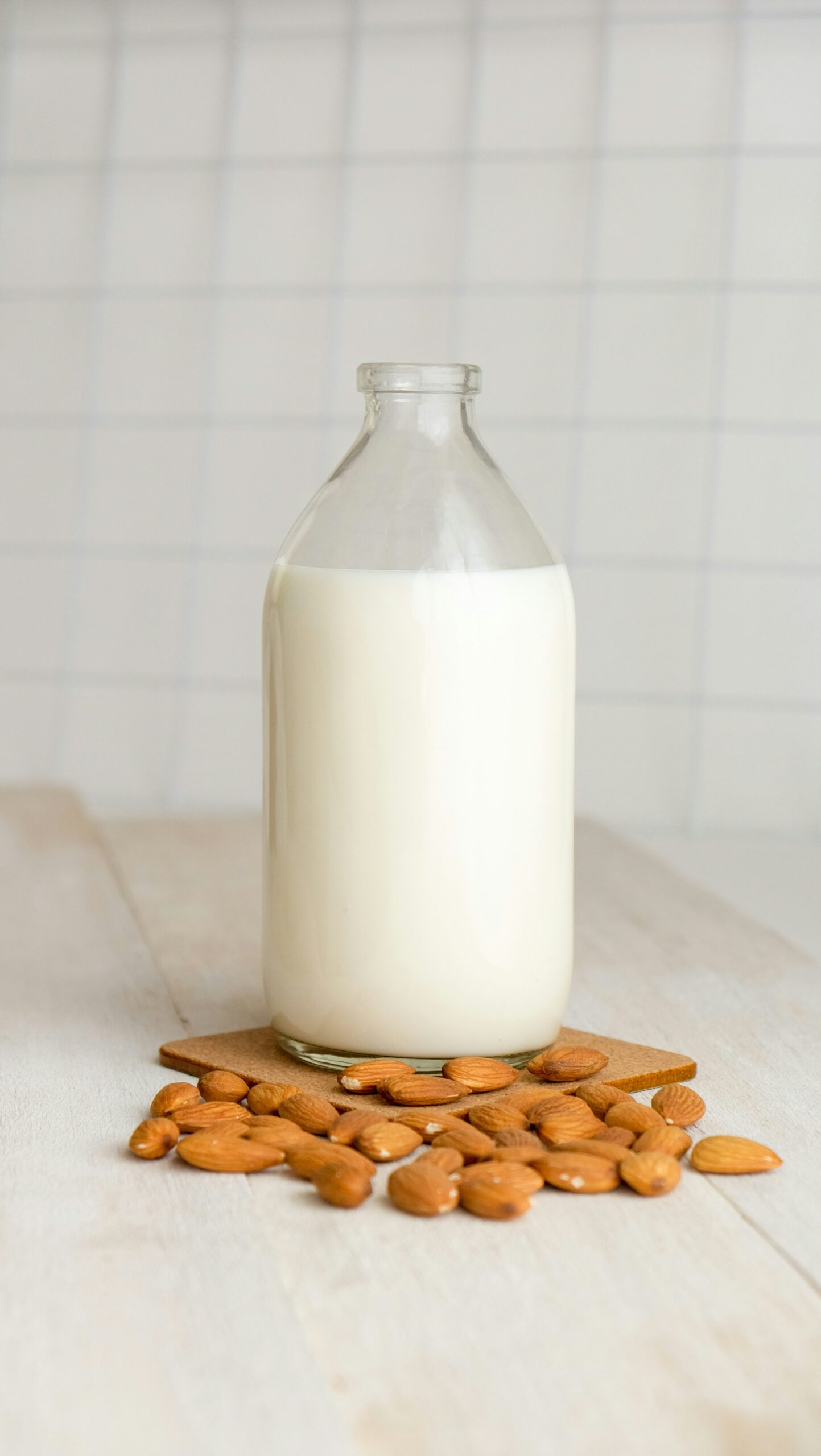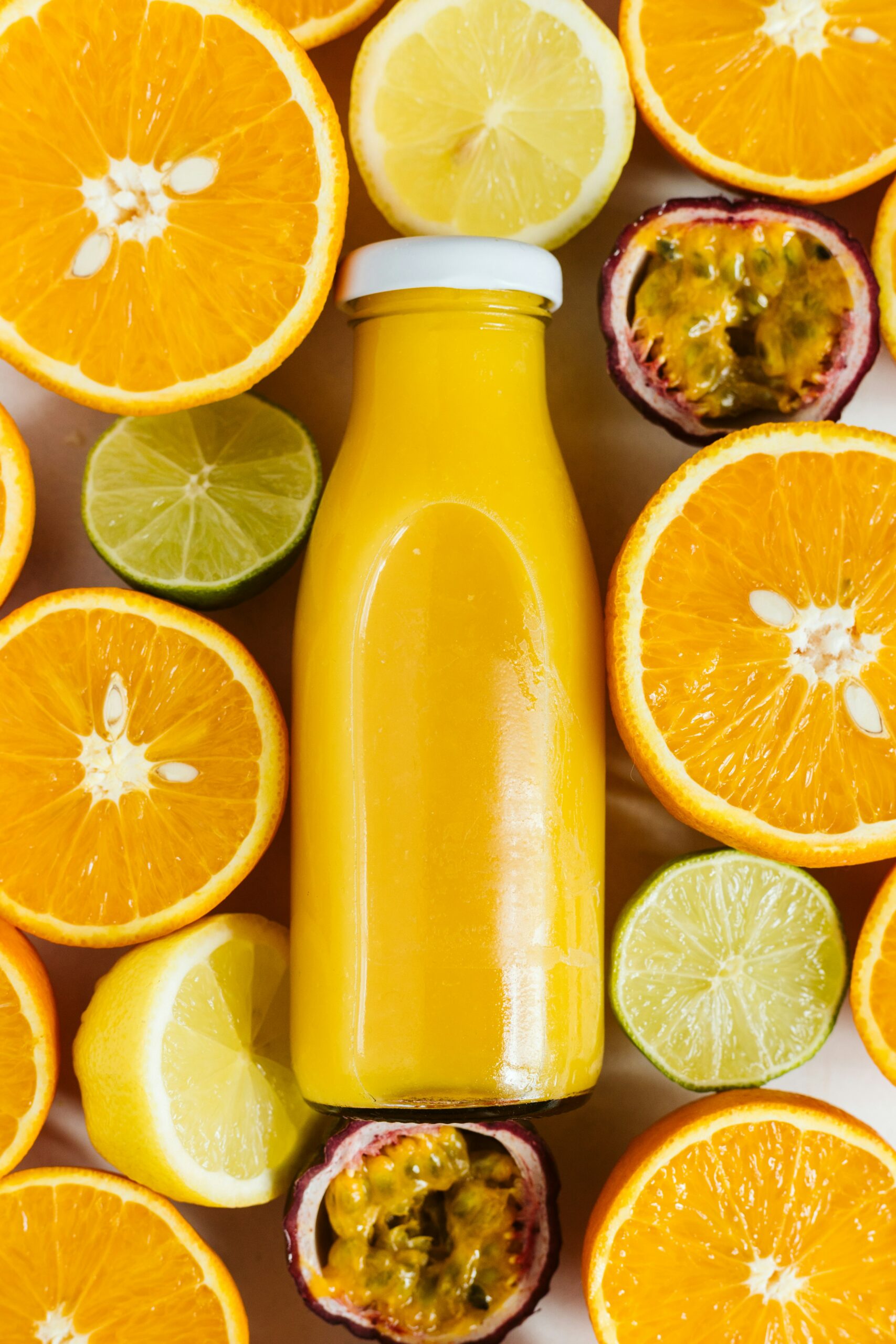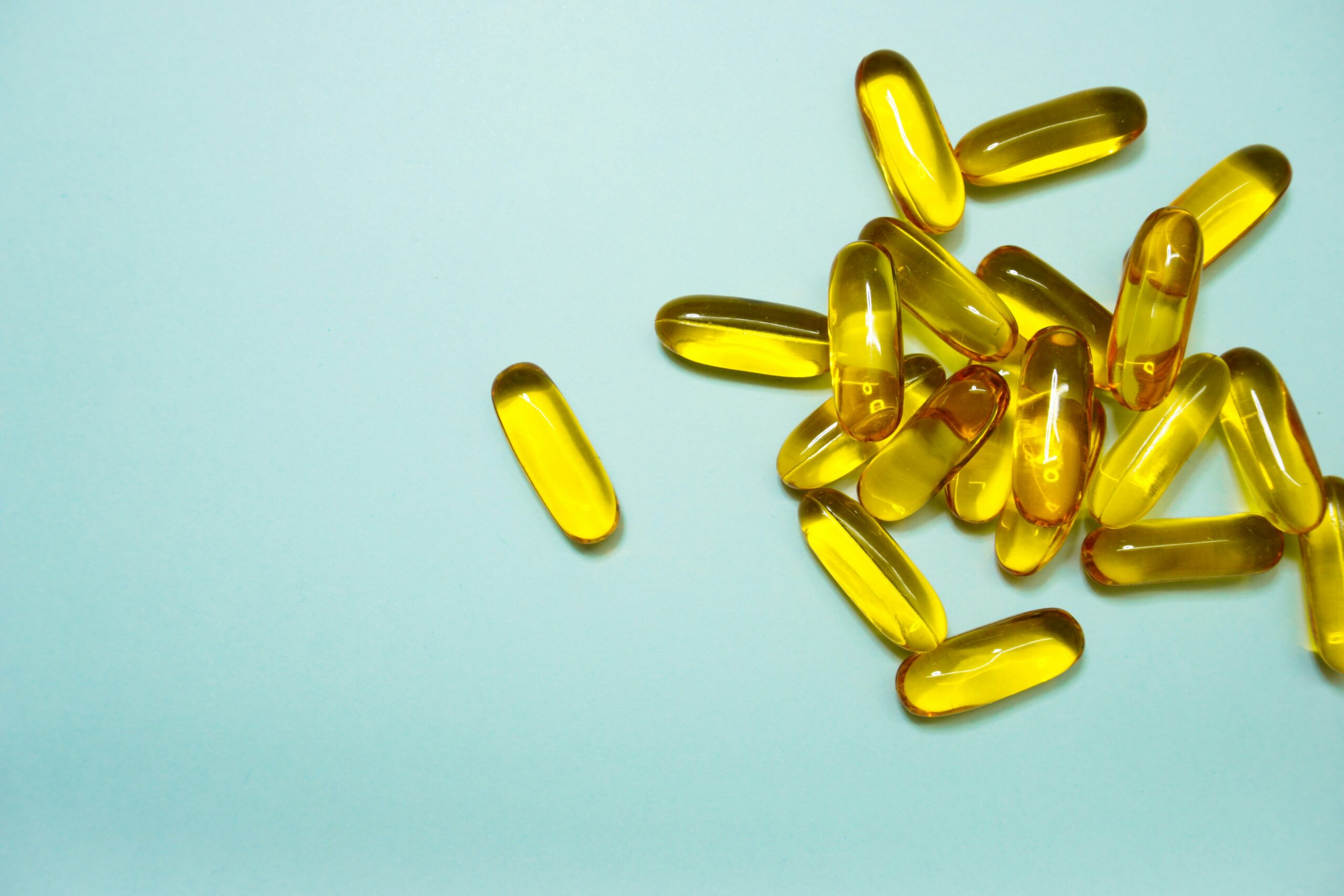11 Sep Formulation for Matcha Beverages: A Guide to Creating Shelf-Stable Drinks
Matcha is one of the fastest-growing ingredients in the functional beverage market. Known for its vibrant green color, earthy flavor, and natural caffeine boost, matcha appeals to health-conscious consumers seeking alternatives to coffee and energy drinks. But for food and beverage brands, developing a matcha...










